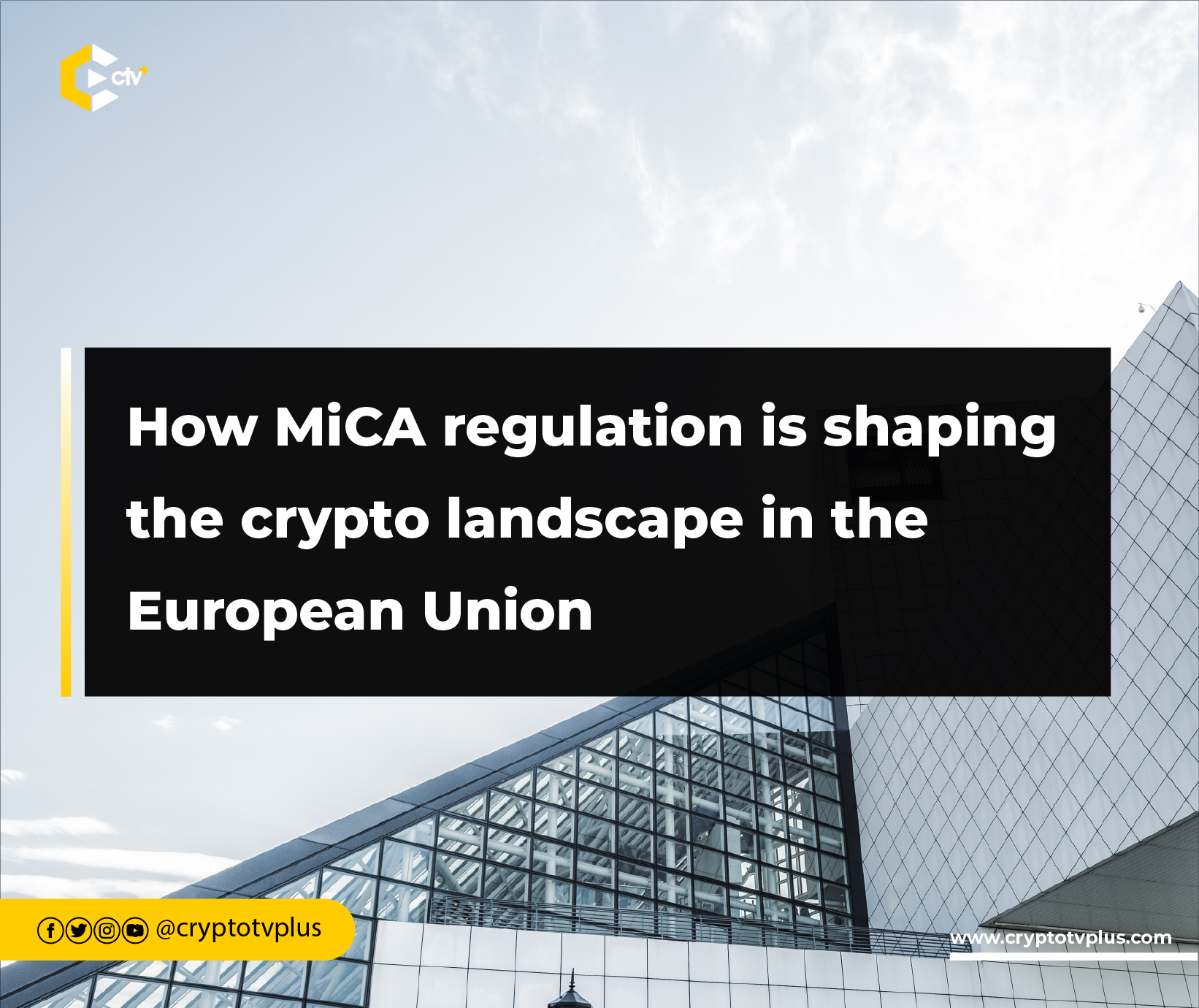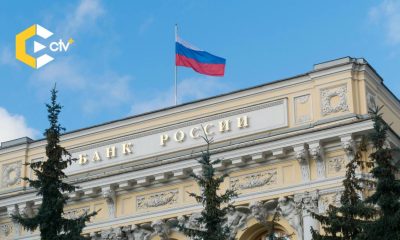FEATURED
How MiCA regulation is shaping the crypto landscape in the European Union

Amid criticism of the crypto market for lacking n regulations to ensure the industry’s safety , the EU is taking a different stance with MiCA. The region officially released and approved MiCA in June 2023 to form a framework on which the digital assets economy will be built on.
MiCA stands for Markets in Crypto-Assets Regulation. It is a proposed regulatory framework for crypto-assets in the European Union (EU) that aims to provide legal clarity and consumer protection for crypto-assets.
The proposed regulation would apply to all crypto-assets that are not already covered by existing EU financial services regulations.
According to Chainalysis, MiCA is set to bring uniformity to the regulation of crypto activities across EU member states, promoting financial stability and market integrity.
With MiCA provisions set to take effect from mid-2024, it has already begun to create an environment conducive to crypto innovation.
This article explores how MiCA is influencing the development of the crypto landscape in Europe with a focus on countries like France, Italy, and Germany.
France: Paving the Way for Crypto Adoption
France has eagerly embraced MiCA, with the Autorité des Marchés Financiers (AMF) swiftly endorsing the regulation and crafting supplementary technical standards. This proactive stance has been a driving force for crypto adoption in the country.
Chainalysis revealed that Lorie Veillere, Lead Compliance at Flowdesk, a Paris-based cryptocurrency market maker, acknowledges France’s supportive approach to crypto regulation, even before the introduction of MiCA.
Notably, France’s crypto hub in Paris has witnessed significant growth, with key players like Société Générale obtaining crypto licenses, and the city becoming a hotspot for blockchain developers.
Additionally, it added that France’s emphasis on DeFi is evident, with large institutional-sized transfers frequently occurring in DeFi compared to centralized exchanges. The country’s DeFi transaction volume is also on the rise, reflecting its strong DeFi presence.
Italy: A Hub for Digital Innovation
The report by Chainalysis revealed that Italy has seen a significant influence of MiCA, and this influence is more pronounced in cities with tech-savvy populations. These cities have already been witnessing the growth of various crypto initiatives and activities.
To support and encourage these digital and crypto initiatives, Banca d’Italia, Italy’s central bank, took proactive steps. They established the FinTech Milano Hub, a collaborative space that serves as a platform for various digital financial projects and innovations.
Additionally, Banca d’Italia partnered with Cetif Advisory to delve into the realm of DeFi (Decentralized Finance) and tokenized assets. The FinTech Milano Hub, in partnership with the central bank and other institutions, is actively fostering and supporting the growth and innovation of cryptocurrency and blockchain-related activities in the country.
Germany: Leading the Way in Blockchain Development
Describing Germany, Chainalysis noted that it is a frontrunner in the region’s crypto growth, boasting trustworthy regulation and investor education.
It cited that Dr. Sven Hildebrandt, Executive Director of Business Development at Boerse Stuttgart Digital, highlighted Germany’s historical involvement in technical blockchain development, including the high number of Bitcoin full nodes in the country.
The country has also taken regulatory steps, such as the Future Financing Act (“ZuFinG”), which was enacted to monitor crypto asset custody and provide insolvency protection, leading to various institutional developments.
It added that Boerse Stuttgart Digital’s crypto staking service, Deutsche Bank’s partnership with Taurus for crypto custody and tokenization, and the collaborative “Project Atlas” by German and Dutch central banks to map on-chain transactions are all indicative of the country’s commitment to crypto innovation.
Dr. Hildebrandt acknowledged that these developments may not yet be visible to the general public but signify significant progress.
In summary, MiCA’s introduction in the EU is setting the stage for comprehensive crypto regulation and fostering an environment of trust and innovation. EU member states, including France, Italy, and Germany, are already benefiting from the clarity and consumer protection offered by MiCA.
Read also; UAE sets regulatory standards, Turkey explores NFTs, Saudi Arabia sees crypto surge: Chainalysis insights

























Pingback: EU bans use of unidentified self-hosted crypto wallets for payments | CryptoTvplus – Money Lowdown